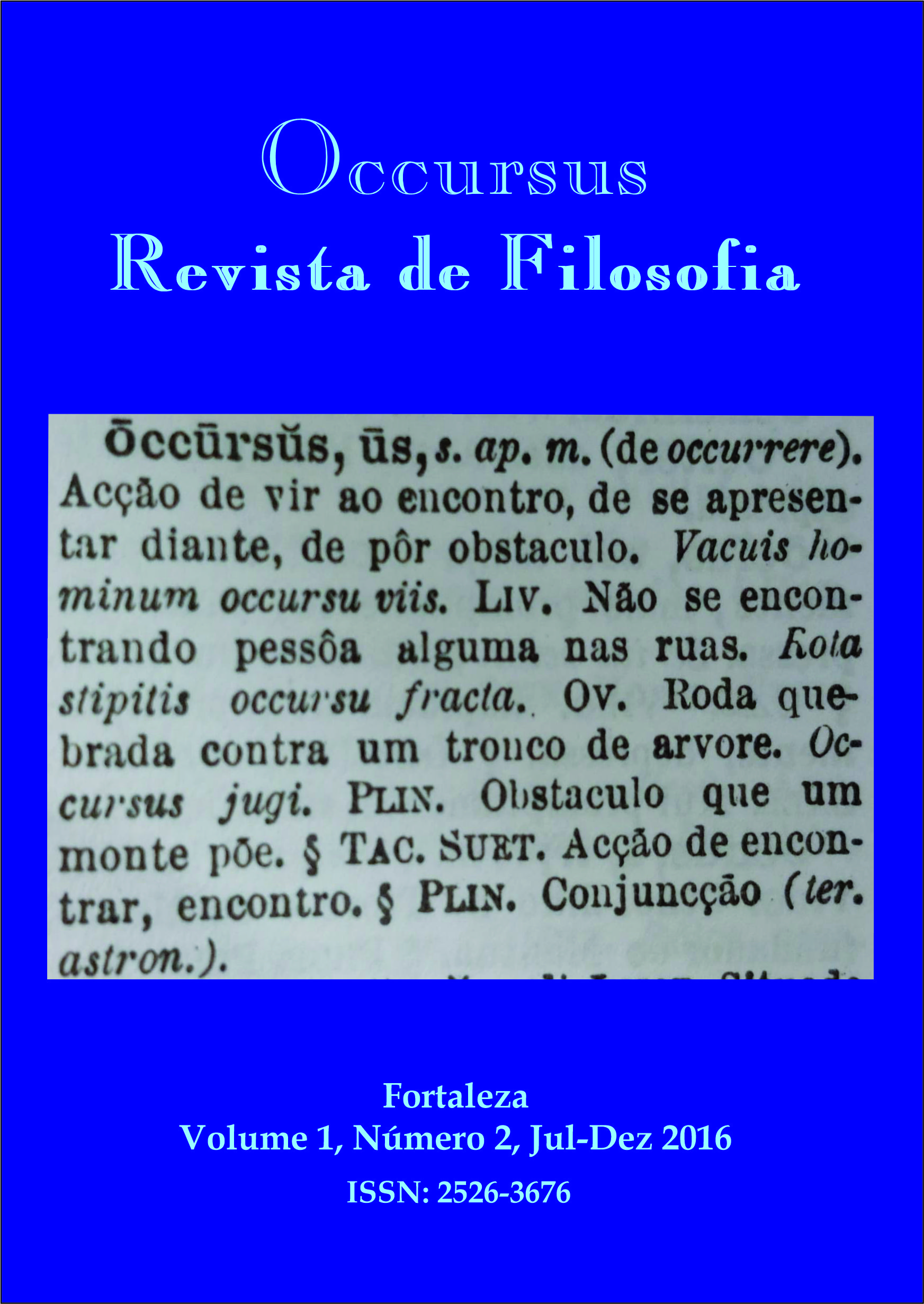From romantics to opera: Schopenhauer precursor of Wagner
Keywords:
Music. Will. Drama. Opera. Wagner.Abstract
The present work argues about the philosophical importance of the music of the erudite period to the romantic one and the transition given by the opera to the drama in the language of the German composer Richard Wagner (1813-1883). Which in turn, within the philosophy of Arthur Schopenhauer (1788-1860) was constituted in the work The World as Will and Representation (1819), where it was the source of immediate inspiration for Wagner. In Schopenhauer, it is in the absence of interest that one finds the pessimistic notion of the world and in art that a clear and free knowledge of suffering until then becomes possible.
References
BARBOZA, Jair. A metafísica do belo de Arthur Schopenhauer. São Paulo: Ed. Unesp, 2003.
BARBOZA, Jair. Infinitude subjetiva e estética: natureza e arte em Schelling e Schopenhauer. São Paulo: Ed. Unesp, 2005.
BARBOZA, Jair. Schopenhauer: A decifração do Enigma do mundo. Coleção Logos. São Paulo: Moderna, 1997.
MACEDO, Iracema. Nietzsche, Wagner e a Época Trágica dos Gregos. São Paulo: Annablume, 2006.
MACHADO, Roberto. O Nascimento do Trágico de Schiller a Nietzsche. Rio de Janeiro: Zahar, 2006.
SCHOPENHAUER, Arthur. As Dores do Mundo. Tradução: José Souza de Oliveira. 4. ed. São Paulo: Brasil Editora, 1960.
SCHOPENHAUER, Arthur. O Mundo como Vontade e como Representação. Tradução: Jair Barboza, São Paulo: Editora Unesp, 2005.
SCHOPENHAUER, Arthur. Parerga y Paralipomena I, II e III Escritos Filosóficos Menores. Málaga: Ágora, 1997.
Downloads
Published
How to Cite
Issue
Section
License
Copyright (c) 2024 Luiz Diego Barbosa Nunes

This work is licensed under a Creative Commons Attribution 4.0 International License.




